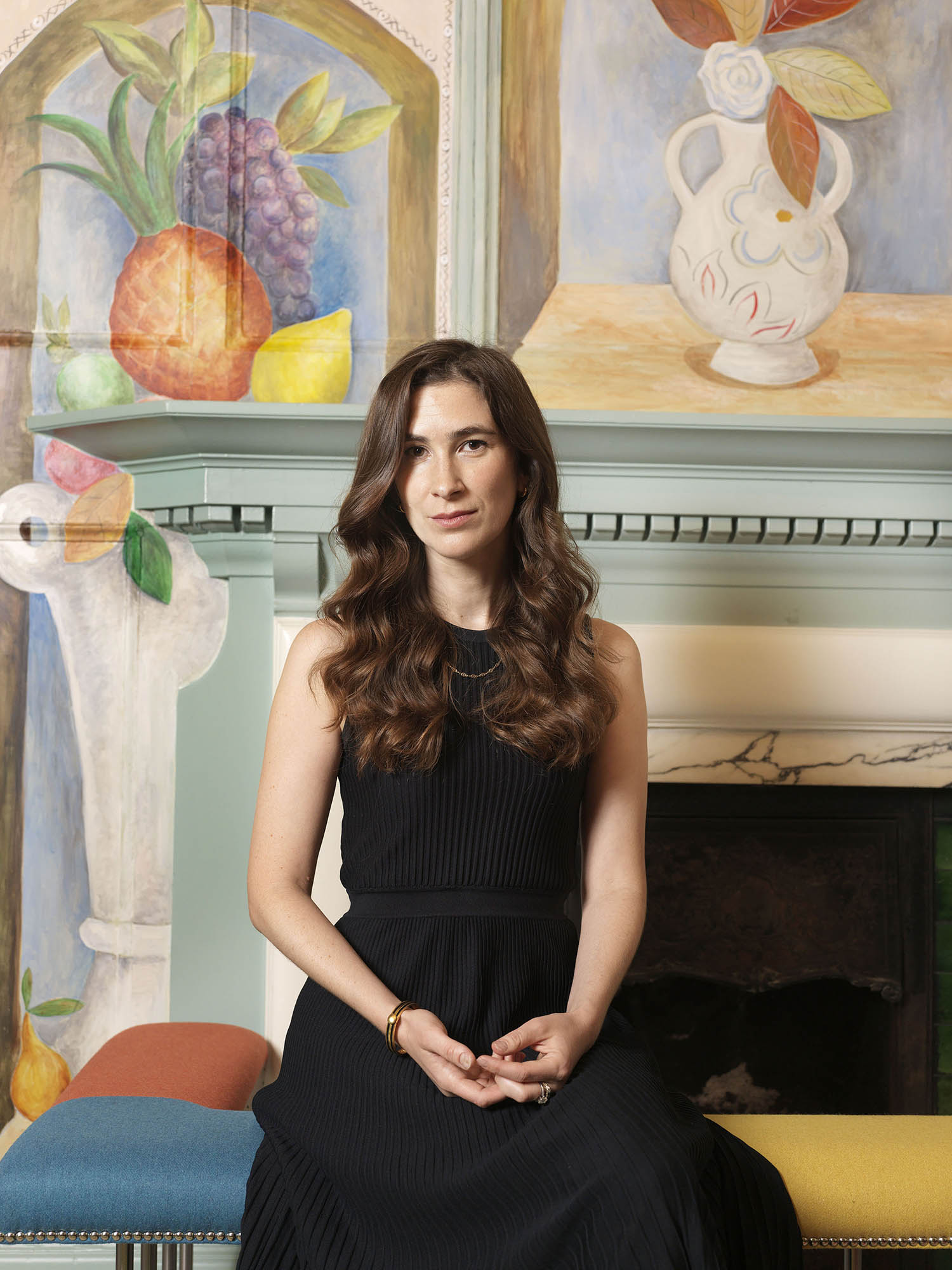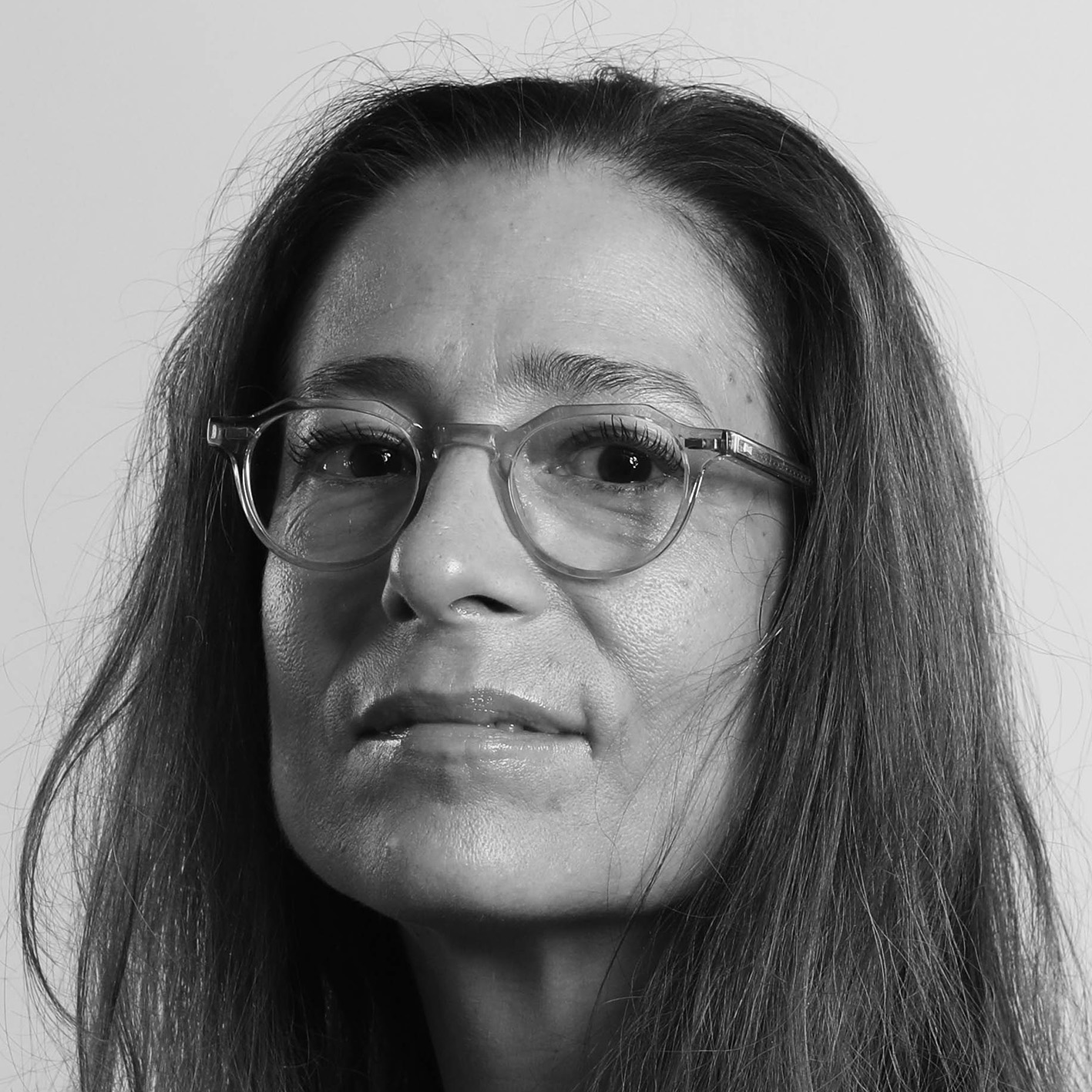Portrait by Karen Robinson
Katherine Rundell, 38, was born in Kent but spent much of her childhood in Zimbabwe and Belgium. She became the youngest female fellow of All Souls College, Oxford, in 2008, and in 2011 published her first children’s book, The Girl Savage. As well as catering for younger readers, Rundell has written nonfiction titles including Why You Should Read Children’s Books, Even Though You Are So Old and Wise (2019) and The Golden Mole (2022). Her biography Super-Infinite: The Transformations of John Donne won the Baillie Gifford prize in 2022; Rundell donated the prize money to ocean conservation and refugee charities. The first book in her award-winning children’s series, Impossible Creatures – set in a fantastical parallel world called the Archipelago – was published in 2023. Rundell’s new BBC Radio 4 series, A Carnival of Animals, will air on weekday mornings in October.
You have just released the second instalment in the Impossible Creatures series, The Poisoned King. How many will you write?
Originally, we sold three [to the publisher], but not with the sense that that would be the end. It will be a five-book arc. It has been, by many miles, the most satisfying and thrilling intellectual experience I’ve had in my work.
I always feel cheated in novels when plot holes are fixed by magic. How do you organise the constraints on your magical world?
I established for myself a small number of immovable rules. For instance, impossible things can get you into trouble, but not out of it. There has to be a sense that the world requires nuance and intelligence and effort and endurance and care, because you will not get out of a problem in the real world without those things.
Your experiences clambering about on Oxford rooftops at night informed Rooftoppers, and you visited the Amazon around the time of The Explorer. Did you learn any special skills for this series?
It was mostly pre-existing experiences that I had. My main work for The Poisoned King would have been [thinking about] the interplay with Hamlet. In many ways, Anya [a princess whose dad is framed for the murder of his own father] is a gender-flipped young Prince Hamlet. But the thing I really wanted very passionately for this book was to present a girl who is allowed her rage, whose sense that the world is unjust is not negated, and is allowed to be furious about it.
That burning sense of injustice powers this book.
When you are a child, you are still discovering the great litany of injustices human culture has conjured up. You are still encountering all that is extraordinary, generous, intelligent and beautiful about us, but you are also discovering the ways we have betrayed each other on a vast, systematic scale, and at an individual scale. And so I love the idea of a children’s book that can say to a child: “You are right to think this is wrong. You are right to be furious. Do not be lured into a sense that you are powerless.”
I think, in adulthood, we know there are those whose vested interests are in making us think we are powerless, in making us thereby acquiesce and look away on things like corruption, or the ways in which climate change has been facilitated by industries and governments. It is worth telling children over and over: ‘“It is possible to be a force for change.” And it’s also why, in my books, the children suffer, because I don’t want children to think it’s easy. I want children to practise in their imagination the idea they will need to be ready to endure boredom, but also calumny, confusion, misery. And at the other side of it, on the other side of darkness, there lies great light.
So many of our children are leading nature-depleted, risk-depleted lives. Can fiction plug that gap?
It is the thing I am aiming for, and the thing I think great children’s fiction can do. I am furious at the rate at which childhood has been so removed from the rights that a child should have: to safe space outside, where living things grow; to understand the world is a living, breathing thing, and therefore needs your protection. I think successive governments have failed over and over to protect [these spaces] for children. And, of course, we have also created a culture where there is less social allowance for the idea that children can take risks, and can be left to their own devices outside. The two together, I think, have diminished what a childhood experience should be.
We’re living at a time of great children’s fiction, but there is also huge competition for their attention.
When I write, I do think about meeting children where they are. So I write with short chapters. I make sure there will be jokes. But I think we need to be infinitely more furious at the ways in which a very small number of tech companies have suppressed their own research about the harm of things like social media on the developing brains of young people – the way their unprecedented wealth has been used to lobby for very little control on those projects. And I think we need to be more blunt about the way young men and boys are being subjected to algorithmically driven misogynistic propaganda.
A survey [the National Literacy Trust] brought out a few months ago said the number of children who read every day on their own, outside of school, has halved in the last 20 years. That probably does require us to think about how we can rise to meet that. I do still believe there are very few children alive who cannot be enchanted with a story.
Where does your own appetite for wonder come from?
One of the finest things I think humanity can offer is the ability to point out to one another things we might not have discovered ourselves, but which can shape the way we understand our lives. Where does that come from? I think partly through a young experience of death [Rundell was 10 when her foster sister died, aged 16], through an understanding that it is a brief and fragile thing to be a person, and a very difficult thing to be a person. I am not someone who finds anything easy. I have seen a lot of sorrow and horror. I do think, though, that looked at squarely and sharply and without idealism, humankind is breathtaking. And I would like to be one voice insisting that we do not forget that.
The Poisoned King is published by Bloomsbury Children’s Books (£14.99). Order a copy from The Observer Shop for £13.49. Delivery charges may apply
Newsletters
Choose the newsletters you want to receive
View more
For information about how The Observer protects your data, read our Privacy Policy

